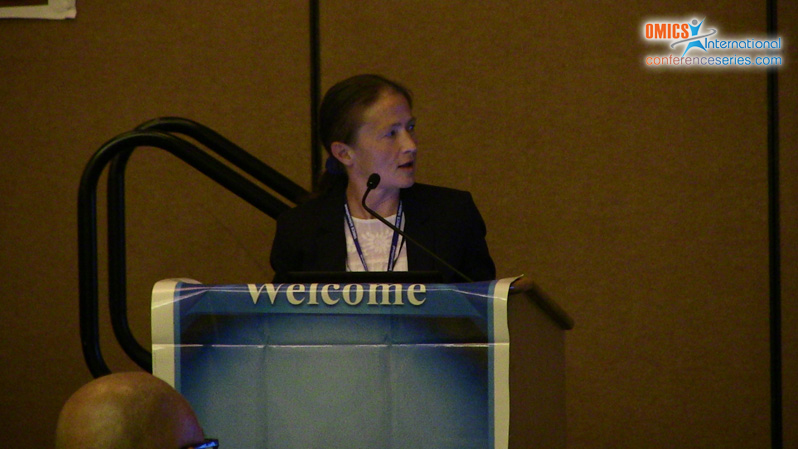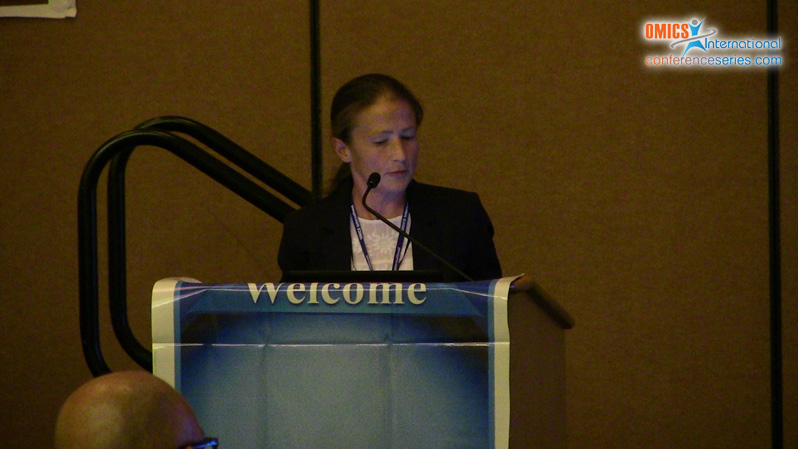
Monika Heidemarie Seltenhammer
Medical University of Vienna, Austria
Title: Characterization of Accumulated ~35-37kD Isoforms of ΔFosB Detected in Postmortem Human Brain Tissue Samples of Chronic Drug Addicts
Biography
Biography: Monika Heidemarie Seltenhammer
Abstract
As already extensively proofed with reams of animal experiments, but also recently shown in humans, the ~33kD transcription factor ΔFosB, a member of the Fos family proteins and belonging to the IEGs (Immediate Early Genes), is initiated by varying effects such as drugs of abuse or other psychoactive substances, and psychotherapeutic agents, in the acute phase. Chronic exposure to these interactions leads to the displacement of the unstable ~33kD to highly robust ~35-37kD isoforms. This in turn maintains to a consistent accumulation of these highly stable ΔFosB derivates in the nucleus accumbens (NAc), the reward center of the brain, insistently persisting there for months and beyond following cessation of the chronic stimulus - a major fact that seems to be responsible for the development of sustained neuronal plasticity. In case of long-term drug abuse, it ultimately leads to addictive behavior. Focused on this, we demonstrate the presence of accumulated ~35-37kD ΔFosB isoforms in the NAc of chronic drug-sick deceased people with pronounced long-term opioid abuse anamnesis via immunoblotting. Similar results we can present by immunohistochemistry. Further, this protein was characterized by means of Mass Spectrometry to elucidate potential additional phosphorylation sites, seeming to accelerate the factors stability. Our current results emphasize the remarkable high resistance of this phosphorylated transcription factor. The data confirm the strong impact of ΔFosB and its downstream transcriptional targets with regard to long-term biological consequences for and potentially fatal adaptations of the brain leading to addictive behavior and high relapse rates in response to chronic drug abuse. As a consequence, when thinking about establishment and interpretation of sensitive biomarkers on the one hand, and development of novel therapeutic strategies in terms of psychological disorders in general and especially in (drug) addiction on the other hand, this strong impact of ΔFosB should be in our mind.



